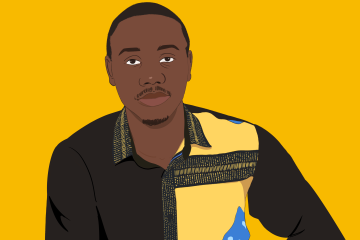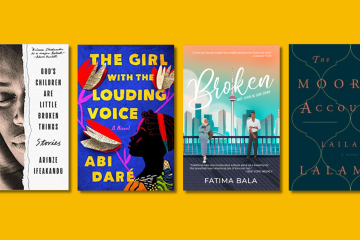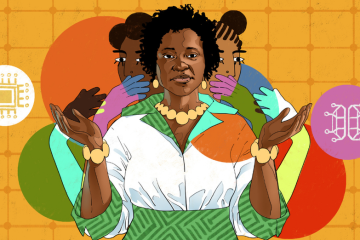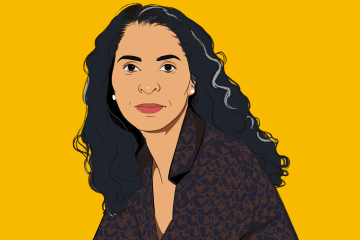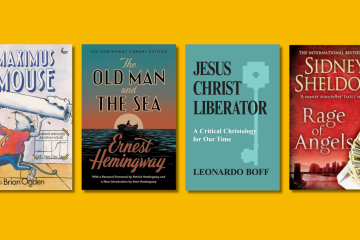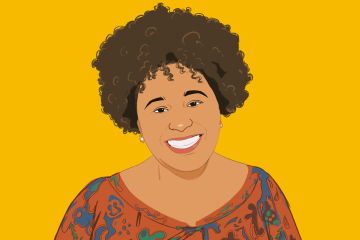‘The Human Spirit Naturally Resists Oppression’ Chibueze Darlington Anuonye’s First Draft
Editor of Who Gave The Order: The History of a People’s Movement, Chibueze Darlington Anuonye, believes that 20 October 2020 stands as an indictment of the Nigerian conscience and urges Nigerians to remember that day: ‘What happened at the Lekki Toll Gate could be described as a country waging war against its citizens.’ Read More...



